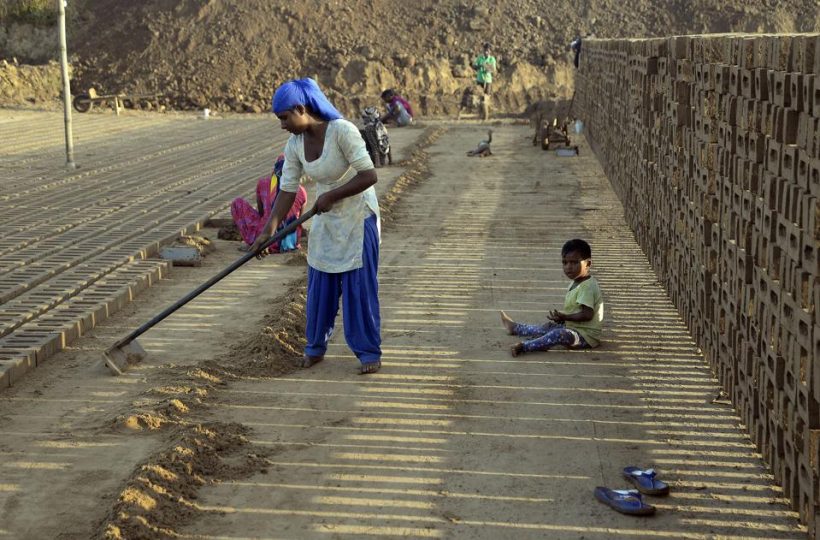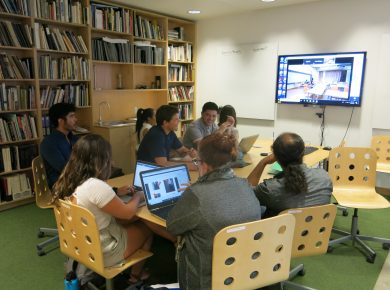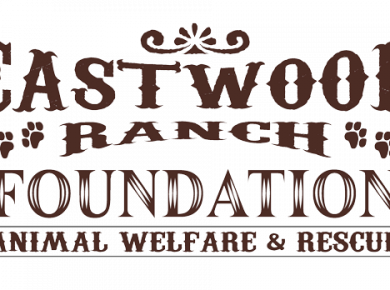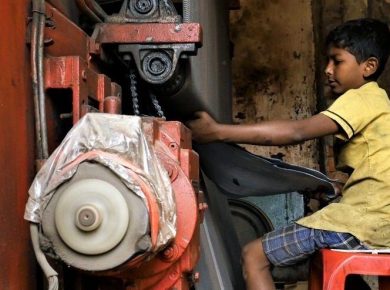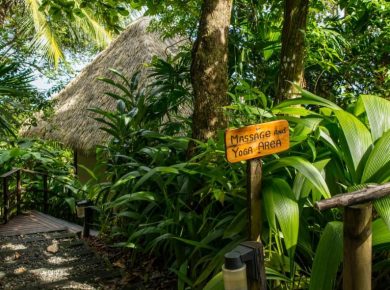Gender bias and systemic discrimination make women and girls particularly vulnerable to modern slavery. “We know from our experience supporting frontline organizations that the most effective and sustained way to end modern slavery is to incorporate the experiences and the leadership of women and survivors,” says The Fund’s CEO Nick Grono. “We must centre our work around the leadership of women and survivors in order to address these underlying causes. We believe we can transform the face of the movement one leader at a time – and we must start now.”
The program is designed to support leaders through a personal learning journey that provides the skills and space for participants to experience, analyze and apply their learning. Not only must women and survivors work through their experiences of trauma and bias, they must also learn new approaches to leadership in a culture where their voices are chronically undervalued or dismissed.
With $1.2 million in funding and support from Laudes Foundation, Stardust Fund, The Ray and Dagmar Dolby Family Fund, UBS Optimus Foundation and Lisa Wolverton, President, Wolverton Foundation, each cohort of 50 leaders will receive a minimum of 12 months of mentorship, leadership and technical skills training, before graduating to join the Freedom Rising alumni network. Due to COVID-19, the program has been adapted to provide online learning until the in-person training can be safely delivered.
“We invested in Freedom Rising because we believe that transformational change comes only when women are in leadership positions and in influential roles sharing power and exerting influence,” said Natasha Dolby, founder of Freedom Forward and board member of the Freedom Fund. “These women are the best positioned to understand, analyze and shape what needs to happen in their organizations and communities, and with the anti-slavery movement at-large. We’re aware that changing norms takes time, but we’re behind the Fund’s vision that we must start now, when multiple pandemics that impact women worldwide have converged.”
“This program is providing support and connection to frontline leaders at a time of unique stress and isolation,” says Falconer. “The COVID-19 pandemic has placed enormous pressure on anti-slavery organizations. As they respond and recover, Freedom Rising will be there to shape the future of a movement that will be stronger, more resilient, and truly representative of the communities it serves.”
Freedom Rising’s focus on building a stronger, more strategic, and more representative anti-slavery movement makes it unique amongst leadership programs. After completing the year-long training, participants will be formally introduced to the program’s alumni network, enabling them to continue to build and strengthen connections at the local, regional and international levels. “Initiatives to support women’s leadership like this one are crucial, especially at this critical moment, as the world battles a global pandemic,” said Nada Al-Nashif, UN Deputy High Commissioner for Human Rights. “We know that putting women at the centre, indeed ensuring women are at the helm, will help ensure our collective success in meeting the global changes that we face together.”
